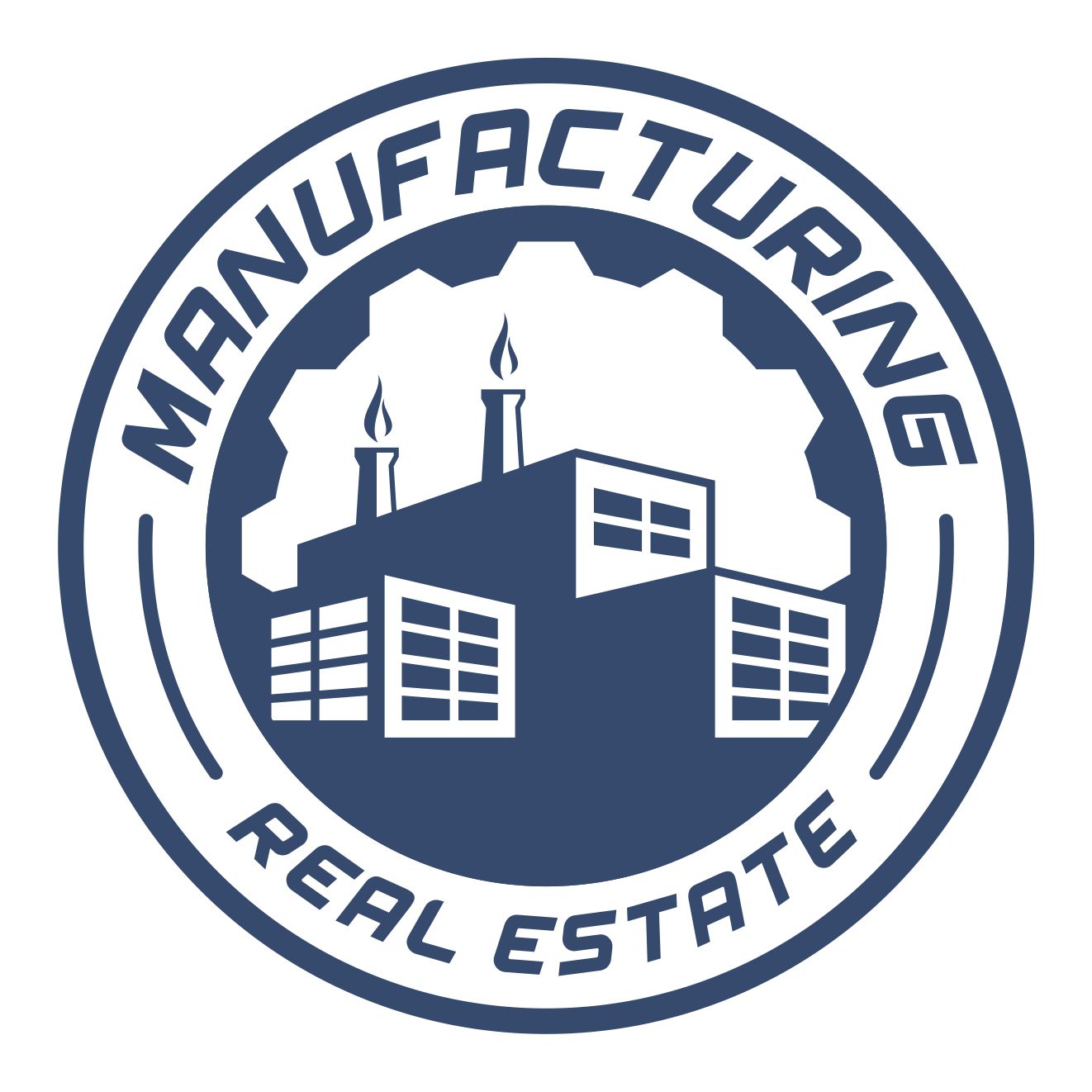Technology is revolutionizing industries across the globe, and the world of real estate is no exception. In particular, the industrial real estate sector has witnessed significant advancements and innovations driven by technology. From the integration of smart systems to the use of automation and artificial intelligence, technology is reshaping how industrial real estate is developed, managed, and utilized. In this blog post, we will explore the role of technology in industrial real estate and the impact it has on various aspects of the sector.
- Smart Building Management Systems
One of the key areas where technology is making a profound impact in industrial real estate is through the implementation of smart building management systems. These systems utilize internet-connected devices and sensors to collect and analyze data in real-time, enabling efficient monitoring and control of various building operations. Smart systems can regulate lighting, heating, and cooling, optimize energy usage, detect maintenance issues, and enhance security. By utilizing smart building management systems, industrial property owners and managers can reduce operating costs, improve energy efficiency, and enhance the overall tenant experience.
- Automation and Robotics
Automation and robotics have become game-changers in the industrial real estate sector. These technologies are revolutionizing manufacturing, distribution, and logistics operations by streamlining processes, improving productivity, and reducing human error. Automated material handling systems, robotic assembly lines, and autonomous vehicles are being increasingly adopted in industrial facilities. These advancements not only improve efficiency but also enhance workplace safety by taking on repetitive and physically demanding tasks. As automation technology continues to advance, industrial properties need to be designed to accommodate these systems, with considerations for infrastructure, layout, and power
requirements.
- Artificial Intelligence and Machine Learning
Artificial intelligence (AI) and machine learning are transforming the way industrial real estate functions. AI-powered algorithms can analyze vast amounts of data to provide valuable insights and support decision-making processes. For example, AI can optimize supply chain management by forecasting demand, improving inventory management, and enabling predictive maintenance. Machine learning algorithms can also enhance property search and valuation processes, allowing investors and developers to make more accurate and informed decisions. Additionally, AI-powered chatbots and virtual assistants are being used to improve customer service and automate interactions with tenants and clients.
- Internet of Things (IoT)
The Internet of Things (IoT) is playing a crucial role in industrial real estate by connecting devices and systems to facilitate efficient operations and data collection. IoT devices and sensors are used to monitor and control various aspects of industrial properties, such as temperature, humidity, air quality, and equipment performance. This real-time data allows for proactive maintenance, energy optimization, and enhanced occupant comfort. IoT also enables asset tracking and inventory management, providing greater visibility and control over the supply chain. As IoT continues to advance, industrial real estate will become more interconnected, leading to improved efficiency and resource management.
- Virtual Reality (VR) and Augmented Reality (AR)
Virtual Reality (VR) and Augmented Reality (AR) technologies are finding applications in industrial real estate, particularly in design, construction, and tenant experiences. VR and AR enable stakeholders to visualize and experience industrial spaces before they are built, facilitating better design decisions and reducing costs. These technologies are also being used to provide virtual tours of industrial properties to potential tenants, eliminating the need for physical visits and expanding the reach of property marketing. Additionally, AR can assist in maintenance and repair tasks by overlaying digital information on physical objects, providing technicians with real-time instructions and guidance.
- Big Data Analytics
The abundance of data in the industrial real estate sector presents immense opportunities for analysis and insights. Big data analytics allows for the extraction of valuable information from large datasets, helping stakeholders make data-driven decisions. By analyzing market trends, customer behavior, and operational performance, industrial real estate professionals can identify opportunities, optimize processes, and enhance tenant experiences. For example, big data analytics can assist in predicting space utilization, optimizing energy consumption, and identifying potential risks or inefficiencies in supply chains.
- Sustainability and Green Technologies
Technological advancements are also driving sustainability initiatives in industrial real estate. The integration of renewable energy systems, energy-efficient technologies, and smart monitoring systems enables industrial properties to reduce their carbon footprint and operate more sustainably. Solar panels, energy storage systems, and smart grid technologies are being deployed to generate and manage clean energy within industrial facilities. Additionally, IoT-enabled sensors and data analytics help optimize energy consumption and resource usage, leading to cost savings and environmental benefits.
Technology is playing a transformative role in the industrial real estate sector. Smart building management systems, automation and robotics, AI and machine learning, IoT, VR and AR, big data analytics, and sustainability initiatives are revolutionizing how industrial properties are developed, managed, and utilized. These technologies are enhancing efficiency, productivity, and sustainability while improving tenant experiences and reducing operational costs. To stay competitive in the evolving industrial real estate landscape, stakeholders must embrace and leverage these technologies to unlock their full potential. As technology continues to advance, it will shape the future of industrial real estate, driving innovation and creating new opportunities for growth and optimization.




